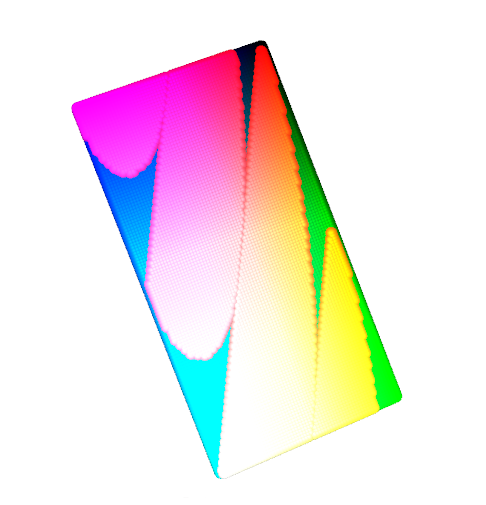|
Size: 877
Comment:
|
Size: 1397
Comment:
|
| Deletions are marked like this. | Additions are marked like this. |
| Line 1: | Line 1: |
| This page has links to very short demos/tutorials in EMAN2. Please forward any requests to the EMAN2 developors. | == Beginners : Introductory Tutorials == * The old SPR tutorial - [[attachment:workflow_tutorial_2010_08_25.pdf|Full tutorial on single particle reconstruction using the workflow]] (uses [[http://blake.grid.bcm.edu/dl/data/workshop5.iso|Workshop demo data DVD]]) |
| Line 3: | Line 4: |
| == Beginners : Introductory Tutorials == * |
* [[Ws2011/Eman2|The NEW tutorial from the 2011 EMAN2 workshop, compatible with EMAN 2.01]] * NEW single particle tomography USERS' GUIDE. [Partially used for the SPT tutorial from the 2011 EMAN2 workshop]. [[attachment:e2spt_users_guide.pdf|e2SPT USERS' GUIDE]] * [[attachment:population_dynamics_2009_11.pdf|Full tutorial on 2-D analysis for assessment of structural heterogeneity and population dynamics]] |
| Line 15: | Line 22: |
| * [[EMAN2/Tutorials/iter_pixels| Iterate through the pixels of an image ]] | * [[EMAN2/Tutorials/iter_pixels|Iterate through the pixels of an image]] |
| Line 17: | Line 24: |
| * [[EMAN2/Tutorials/make_a_projection| Make a projection of a 3D model, project through the asymmetric unit ]] |
* [[EMAN2/Tutorials/make_a_projection|Make a projection of a 3D model, project through the asymmetric unit]] |
Beginners : Introductory Tutorials
* The old SPR tutorial - Full tutorial on single particle reconstruction using the workflow (uses Workshop demo data DVD)
* The NEW tutorial from the 2011 EMAN2 workshop, compatible with EMAN 2.01
* NEW single particle tomography USERS' GUIDE. [Partially used for the SPT tutorial from the 2011 EMAN2 workshop].
* Full tutorial on 2-D analysis for assessment of structural heterogeneity and population dynamics
Advanced Users : Using EMAN2 through a Python prompt (e2.py)
* Generate and display an EMAN2 test image
* Rotate, translate, scale or mirror an image
* Add and multiply images, add and multiply by constants
* Convert a real/imaginary image into an amplitude/phase image and vice versa
* Iterate through the pixels of an image
* Make a projection of a 3D model, project through the asymmetric unit

